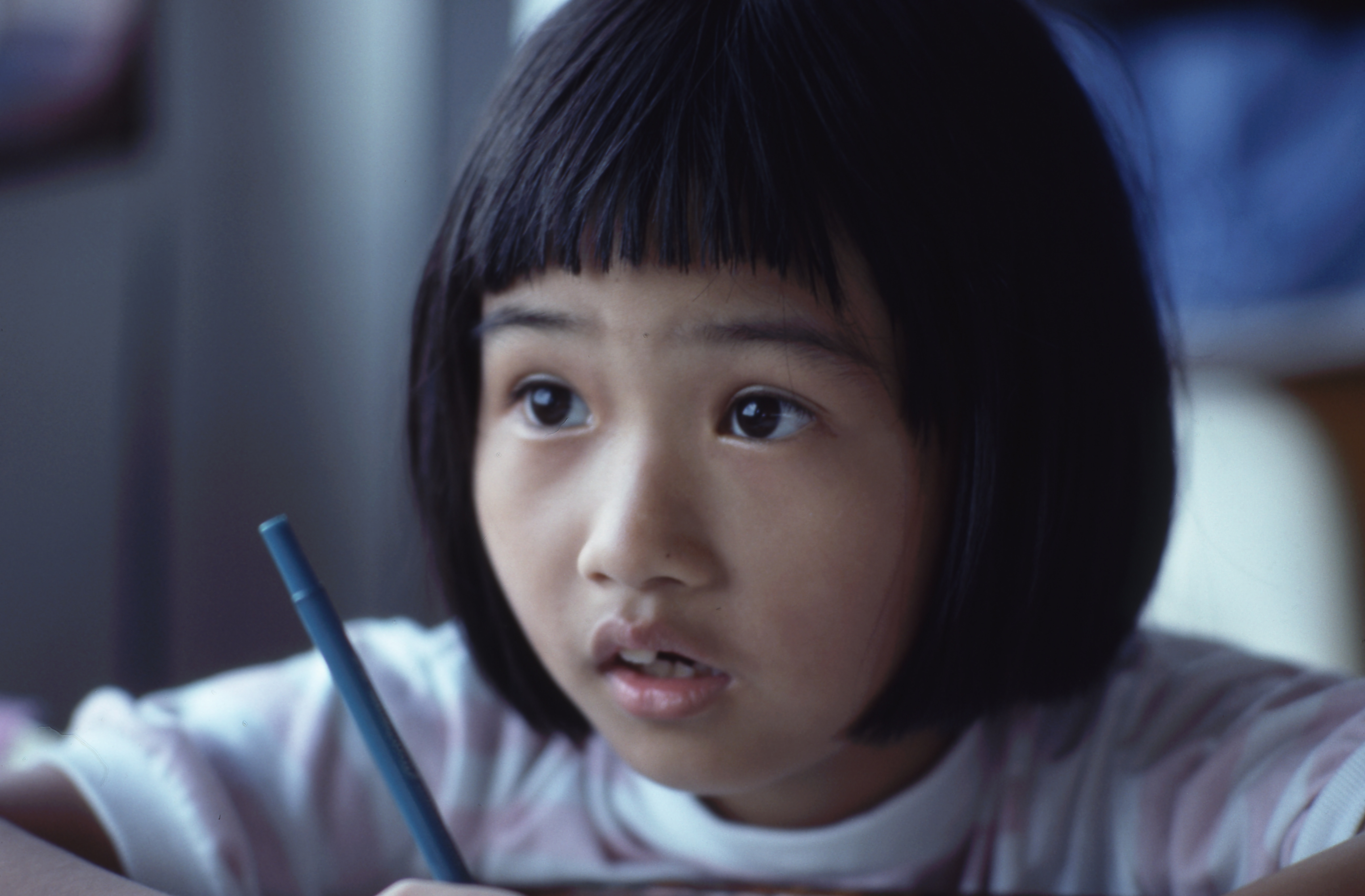Earlier this year, news broke that a number of affluent parents had actually paid hundreds of thousands of dollars (millions, in some cases) to have their children accepted to elite universities like Georgetown and Yale.
Since then, 10 of the parents that were originally charged by the FBI have been sentenced, some for as little as 14 days in very low-security prisons.
Whether you think that’s an appropriate expression of justice or not, the entire scandal itself is indicative of a much wider, more pernicious problem: parents are actively reducing their children’s chances of failure.
If that doesn’t sound like such a bad thing, read on.
How a lack of failure can be damaging
It’s one thing to not want your child to fail; the truth is none of us does, and that’s to be expected. So-called “snowplow parenting,” however, in which parents actively force obstacles out of children’s way to the point of sheltering them from reality, is another thing entirely.
Buffering children from failure is a mistake because failure is one of life’s greatest teachers. That applies whether the context is getting into college or climbing a few steps on the playground.
In fact, research repeatedly indicates that when children are led to believe that failing is unacceptable, they experience anxiety, fear new circumstances, and avoid change at higher rates than their peers. In other words, if you never fall down, how do you learn that you can get back up (literally and metaphorically)?
That skill — the getting back up — is more formally known as resiliency, and it’s a key part of success. Failure imparts priceless lessons about how to handle disappointment, manage stress, and become an overall more well-rounded person.
Kids don’t have to learn the hard way … if they’re taught the easy way
Everyone who plays a major role in a child’s life needs to understand the value of failure. Not just parents, but also teachers, school administrators, and even legislators. Possibly more so than in any other area of a child’s development, the field of education must value failure.
Studies in social science prove that as human beings, we’re more motivated by the thought of losing something than by the thought of gaining something. It follows, then, that if we never learn what it’s like to lose something, we’re stripped of one of life’s most powerful sources of motivation!
Whether instinctively or by virtue of experience, many of history’s (and today’s) most successful human beings emphasized the importance of failing:
- “Failure is simply the opportunity to begin again, this time more intelligently.” — Henry Ford
- “It is impossible to live without failing at something, unless you live so cautiously that you might as well not have lived at all, in which case you have failed by default.” — J. K. Rowling
- “If things are not failing, you are not innovating enough.” — Elon Musk
- “Success is a lousy teacher. It seduces smart people into thinking they can’t lose.” — Bill Gates
- “Failure is success in progress.” –Albert Einstein
Educators would do well to instill this same sense of appreciation of failure in their students, because at some point even the best of those students will face some kind of devastating failure. It may not be in academia — it could be in their career, for example, or in a personal relationship.
Whatever the context, failure is inevitable, and it’s a disservice to students — and all children — to teach them otherwise. We shouldn’t beat ourselves up for being overprotective in certain circumstances; that’s just a natural reaction. We should, however, take advantage of every opportunity to paint a picture of failure as not only acceptable, but an important and desirable stepping stone to further education and self-improvement.


